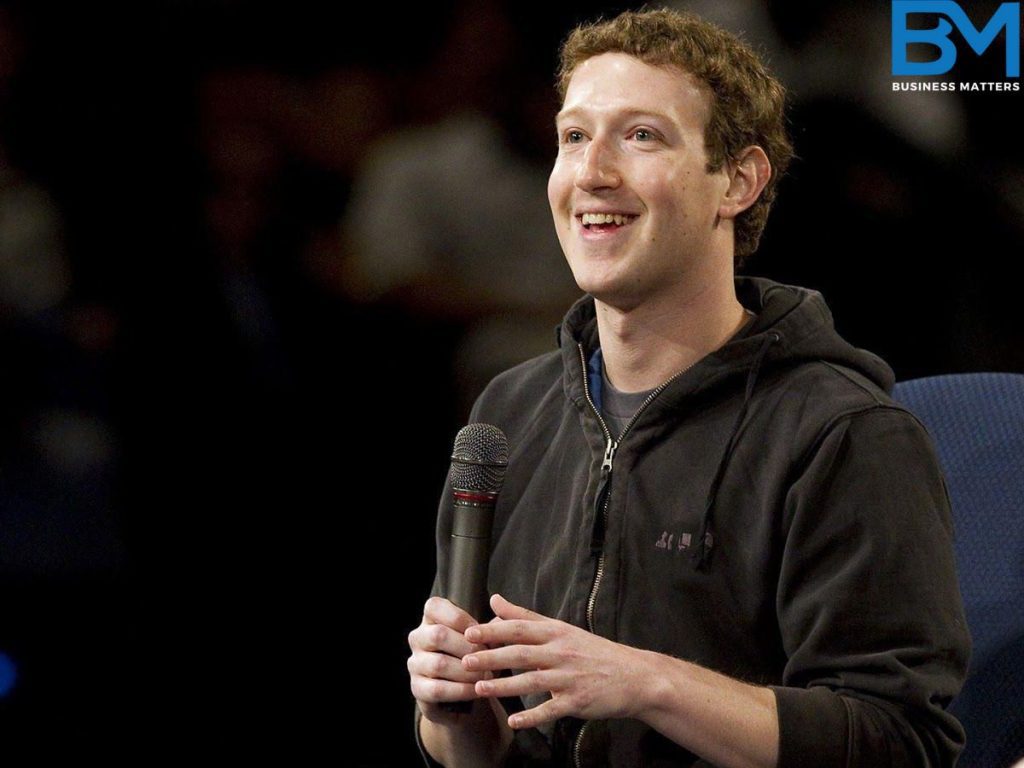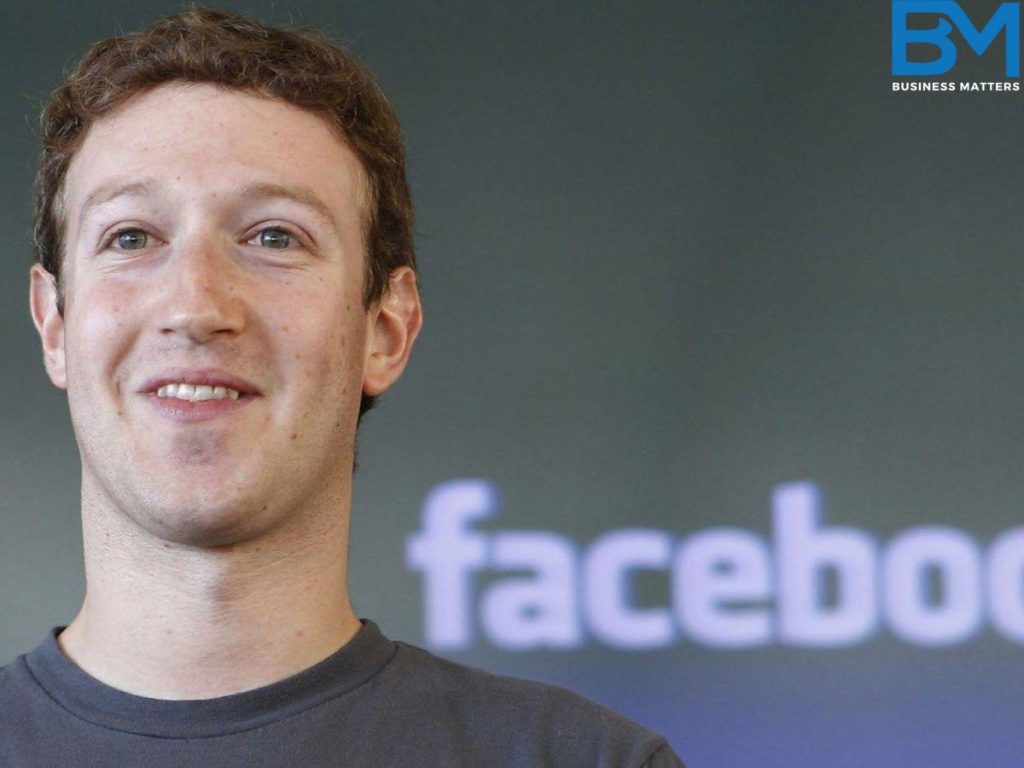Introduction
The corporate world is increasingly being shaped by young leaders who are leveraging their innovative ideas and entrepreneurial spirit to drive change. These trailblazing CEOs have not only disrupted their respective industries but have also inspired millions to believe in the power of youth. Below, we dive deeper into the lives, careers, and achievements of the 10 youngest CEOs making waves in 2025. Learn their skills and experiences from the best Business Magazines in India and thrive in your industry.
1. Advait Thakur
Pioneering Technology at Apex Infosys India
Advait Thakur started coding at the age of 6 and launched Apex Infosys India when he was just 13. His company focuses on artificial intelligence, machine learning, and digital transformation solutions. By the time he turned 20, Apex Infosys had become a recognized name in global tech, serving industries such as healthcare, education, and e-commerce. Advait is also a philanthropist, using AI to tackle social issues such as climate change and education inequality. His ability to merge innovation with social responsibility has earned him accolades, including being listed among the world’s top young innovators.
2. Ritesh Agarwal

Transforming Hospitality with OYO Rooms
Ritesh Agarwal is the founder and CEO of OYO Rooms, a company he started at 19 to address the lack of affordable, quality accommodations in India. By creating a platform that standardizes budget hotels, Ritesh revolutionized the hospitality industry. Under his leadership, OYO expanded to over 80 countries and partnered with over 45,000 hotels worldwide. Known for his sharp business acumen, Ritesh has raised billions in funding and introduced AI-driven tools for revenue management and personalized customer experiences. His journey from a small-town boy to a global entrepreneur is a testament to the power of perseverance.
3. Evan Spiegel

Revolutionizing Social Media with Snapchat
Evan Spiegel, co-founder and CEO of Snapchat, brought a new dimension to social media by prioritizing privacy and ephemeral content. Introduced in 2011, Snapchat’s unique features, such as disappearing messages and AR filters, made it a favorite among millennials and Gen Z. Spiegel’s ability to constantly innovate—introducing Snap Maps, Stories, and Spectacles—kept the platform relevant amidst fierce competition. By 2025, Snapchat had over 500 million active users and generated billions in ad revenue, proving Spiegel’s strategic vision and deep understanding of consumer behavior.
4. Suhas Gopinath
Breaking Barriers with Globals Inc.
At 17, Suhas Gopinath became the world’s youngest CEO when he founded Globals Inc., a multinational IT solutions provider. Despite limited resources and societal skepticism, Suhas built a company that now operates in over 11 countries. Globals Inc. specializes in web development, ERP solutions, and digital consulting for small and medium enterprises. Suhas has also been actively involved in initiatives to bridge the digital divide, focusing on empowering rural communities through technology. His journey from a cybercafé enthusiast to a global entrepreneur showcases the transformative power of determination.
5. Ben Kaufman
Innovating with Quirky’s Crowdsourced Inventions
Ben Kaufman founded Quirky at 22 with the vision of democratizing innovation. Quirky provided a platform for inventors to pitch ideas, which were then developed into marketable products. Kaufman’s approach to crowdsourcing and collaborative invention gained widespread attention, leading to partnerships with major retailers. While Quirky faced challenges, its impact on fostering grassroots innovation remains significant. Today, Kaufman is celebrated as a pioneer in making product development accessible to everyday creators.
6. Jared Hecht
Driving Business Growth with Fundera
Jared Hecht began his entrepreneurial journey with GroupMe, a messaging app that was later acquired by Skype. He then co-founded and became the CEO of Fundera, a marketplace that connects small businesses with financial solutions. Jared’s mission was to simplify the complex process of securing loans for entrepreneurs. Under his leadership, Fundera facilitated billions in funding and expanded its services to include credit card options, business banking, and financial advising. Jared’s ability to address the financial needs of small businesses has made him a prominent figure in the fintech industry.
7. David Karp
Empowering Creatives with Tumblr
David Karp founded Tumblr at 20, envisioning a space where people could freely share their creativity and ideas. As CEO, he turned Tumblr into one of the most influential microblogging platforms, boasting over 400 million blogs at its peak. Under his leadership, Tumblr became a haven for artists, writers, and niche communities. Although he stepped down in 2017, Karp’s contribution to democratizing online content sharing remains profound.
8. Mark Zuckerberg

Connecting the World with Facebook
Mark Zuckerberg co-founded Facebook (now Meta) at 19 while studying at Harvard. Over the years, he transformed it into a global powerhouse with over 3 billion users. As CEO, Zuckerberg expanded the company’s ecosystem through acquisitions like Instagram, WhatsApp, and Oculus VR. He also spearheaded initiatives to improve internet access in underserved regions. Despite facing scrutiny over data privacy and misinformation, Zuckerberg’s role in shaping the digital era is unparalleled, making him one of the most influential CEOs ever.
9. Sarah London
Advocating for Accessible Healthcare at Centene Corporation
Sarah London became CEO of Centene Corporation, a Fortune 500 healthcare company, at a young age. Her leadership focuses on expanding healthcare access to underserved populations. By leveraging data analytics and AI, she has improved operational efficiency and patient outcomes. Sarah’s commitment to blending technology with social responsibility has redefined healthcare delivery, ensuring that Centene remains at the forefront of the industry.
10. Ernest Garcia III
Revolutionizing Automotive Retail with Carvana
Ernest Garcia III co-founded Carvana, an online platform for buying and selling used cars, with a mission to simplify the car-buying experience. Under his leadership, Carvana introduced groundbreaking features like 360-degree virtual tours and car vending machines. By 2025, Carvana was a multi-billion-dollar enterprise, dominating the U.S. used car market. Ernest’s focus on customer-centric innovation has disrupted traditional automotive retail, making the process more transparent and efficient.
Conclusion
The youngest CEOs of 2025 are redefining leadership and innovation. From Advait Thakur’s AI-driven solutions to Sarah London’s transformative healthcare initiatives, these leaders are proving that age is no barrier to success. Their journeys inspire a new generation of entrepreneurs to dream big, innovate boldly, and create meaningful change.


